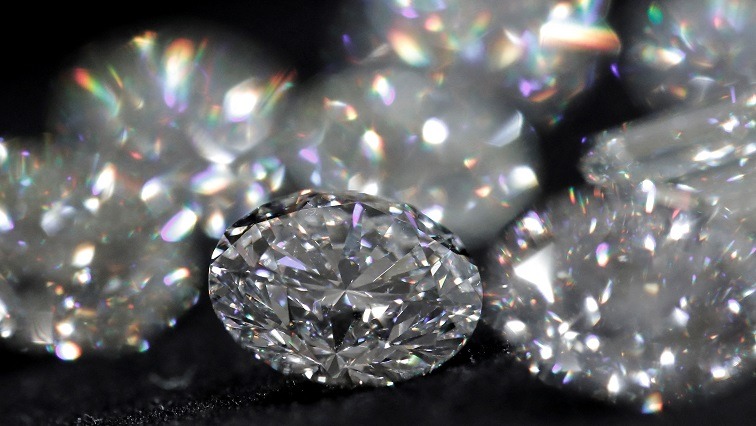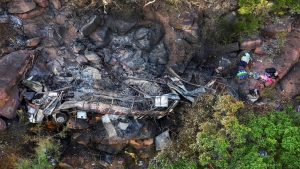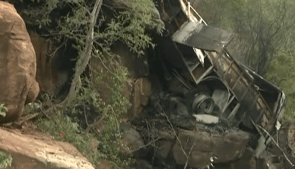Diamond producers De Beers, a unit of miner Anglo American, and Botswana’s state-owned Okavango Diamond Company asked the Group of Seven (G7) to consider unintended consequences as the block prepares to impose the second phase of a ban on Russian diamonds, concerned that African prices would be hugely inflated.
In December, G7 nations announced a direct ban on Russian diamonds starting January 1, followed by phased-in restrictions on indirect imports of Russian gems from around March 1.
A new system to trace the origin of the gems will be introduced in September.
But there are questions over how a diamond’s country of origin should be checked and where it should be done.
Belgium supports the idea of checks in Antwerp, the world’s main diamond hub.
“Effectively (African producers) would be forced to send all their diamonds in one direction rather than choosing … (and) ethical African diamonds would become much more expensive,” Cook said.
De Beers had previously urged the G7 to engage Botswana, Namibia, South Africa, Angola and India to develop the framework with input from across the industry.
Russia is the world’s biggest producer of rough diamonds by volume.
New restrictions on the trade of Russian gems are part of the bloc’s broader measures designed to limit Moscow’s revenues that aid and fund its invasion of Ukraine.
“We understand and support the need for G7 sanctions on diamonds,” De Beers CEO Al Cook told Reuters on the sidelines of the African Mining Indaba in Cape Town.
“What’s really important to us is that any sanctions that are put in place achieve their desired effect without creating terrible side effects,” he added.
Cook said a G7 delegation had visited De Beers operations to study their systems and certification processes, adding that the company had given them feedback on the measures.
The company suggested that African producers be allowed to certify their own diamonds as non Russian.
“We believe the system certainly that we have in Namibia and South Africa and Botswana have stood the test of time,” Cook said.
Currently, De Beers uses blockchain Tracr, a database of transactions shared across a network of computers, to track its production.
Once the record of a transaction is added to the database, it is very difficult to change.
Botswana’s Okavango Diamond Company also hosted G7 officials.
“Our position has always been very clear … Whatever measures are taken, they must just be aware that they don’t end up with unintended consequences and taking us backwards,” Botswana ODC MD Mmetla Masire told Reuters.
Sources in December told Reuters that India, home to 90% of the world’s diamond cutting and polishing industry, has also urged the G7 countries to delay the incoming ban on Russian diamonds because the rules to trace the origins of gems remain unclear.





